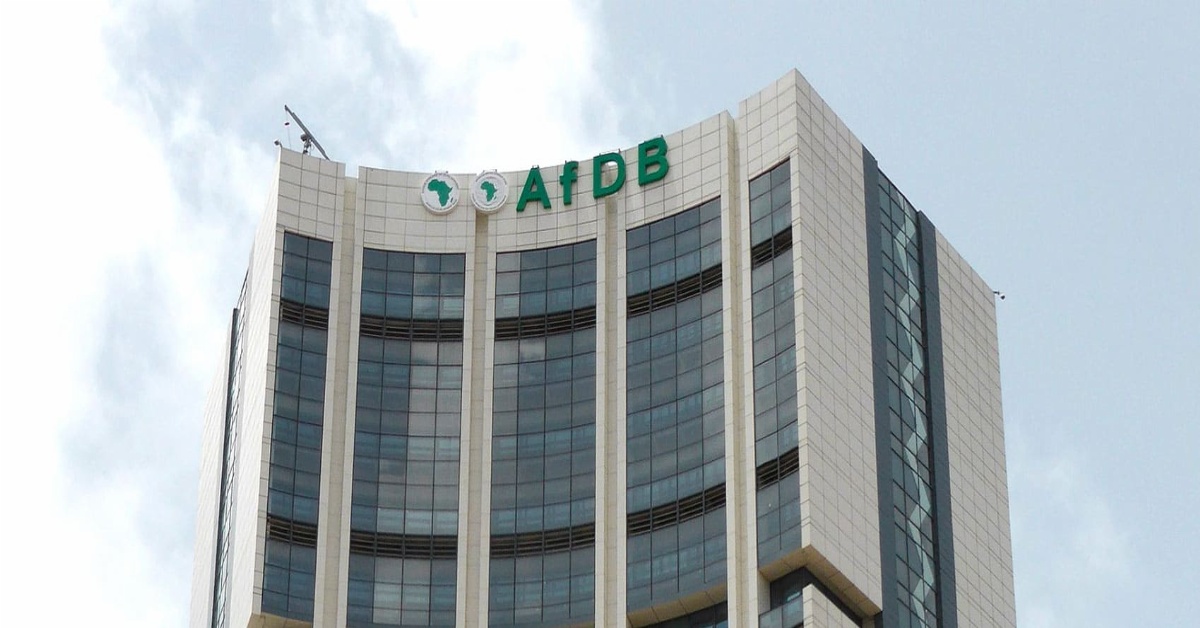The African Development Bank (AfDB) has approved a $5 million funding package for Sierra Leone, dedicated to strengthening climate resilience in the nation.
This funding is part of a comprehensive $31 million initiative aimed at enhancing climate adaptation across four African countries.
A larger share of the funding will be directed towards the Freetown WASH and Aquatic Environment Revamping Project, which aims to transform access to sustainable water, sanitation, and hygiene (WASH) services in the region.
With climate change posing dire threats to everyday life, the project will also implement modern hydro meteorological observation networks and early warning systems, ultimately benefiting around 700,000 residents of Sierra Leone.
- 2023 Elections: VP Juldeh Jalloh Assures Kono of SLPP Victory
- KME CEO, Kabaka Meets With Mavin Records CEO, Don Jazzy Ahead of ECOFEST 2022
- Looking Beyond The “Mango Tik” Phd Rhetorics And Interrogating The Underlying Nuances And Potential Harm That This Unfortunate Incident Might Have On Future Postgraduate Studies Outside Of Sierra Leone
A noteworthy element of the project is the development of an interactive flood map focusing on the Freetown Peninsula. This tool will play a critical role in disaster risk management, ensuring that communities are better prepared for extreme weather events.
The AfDB’s funding aligns with its broader mission to mobilize $4 billion by 2025 through its African Climate Action Window, designed to bolster climate adaptation efforts particularly in fragile and conflict-affected regions. Out of this effort, 41 climate adaptation projects have already been approved, totaling $321.75 million and emphasizing support for vulnerable populations, especially women and youth.
Dr. Kevin Kariuki, AfDB’s Vice President for Power, Energy, Climate Change, and Green Growth, expressed optimism about these initiatives, stating, “The Climate Action Window is catalyzing transformative solutions. From enhancing water security in Sierra Leone to promoting youth-led agribusiness in Djibouti and restoring biodiversity in Madagascar, these initiatives not only adapt but also drive prosperity.”
Prof. Anthony Nyong, AfDB’s Director for Climate Change and Green Growth, reiterated the importance of channeling resources towards the communities that are most affected by climate change. “These initiatives are not just about responding to climate change—they empower communities to take control of their own futures,” he affirmed.


 Post a comment
Post a comment 








